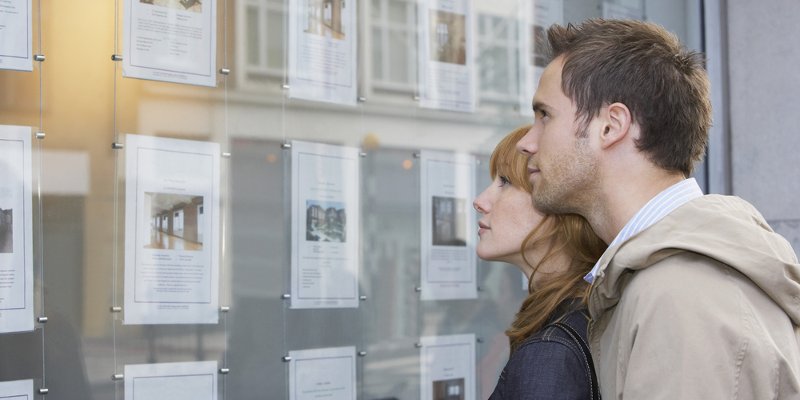Today, first-time buyers will be in their 30s before they get onto the property ladder and pay a deposit of £20,622.

The average first-time buyer is now seven years older than in 1960 and needs to save around £20,000 to buy a home, homebuilder Keepmoat found.
Today, first-time buyers will be in their 30s before they get onto the property ladder and pay a deposit of £20,622.
In comparison, in 1960, the average first-time buyer was just 23-years old,paying a deposit of £595 on their first home – the equivalent of around £12,738 today.
James Thomson, chief executive of Keepmoat Homes, said: “In fact we sell 72% of our homes are to first-time buyers and so the results of the research were very interesting for us.
“It’s worrying to see just how much tougher things have become, particularly since 2000, with the research showing house prices have risen by over £55,000 and the average deposit has increased significantly from £12,988 in 2000 to £20,622 today.”
Homebuyers in the 1960s spent just over two years saving a deposit of £595 – with an average household income of £2,854 at the time.
But those who have bought since 2011 spent more than five years saving a deposit of £20,622 - more than half the £35,634 average annual household income.
As a result, 48% of people had help of around £10,200 towards this cost from mum and dad.
In the 1990s the cost of a deposit was just over a quarter of the average household income of £20,591 and only 26% of first-time buyers had financial help– an average of £3,881.
Thomson added: “It isn’t surprising that the research revealed 69% of people think it’s now harder than ever to buy a home.
“We are bucking that trend by providing high quality homes, predominantly to first-time buyers.”
Some 84% of first-time buyers were married in 1960 but this has dropped to just 27%. About 31% of people are still living in the first home they bought, including one in 10 of those who bought in the 1960s and 15% who bought in the 1980s.
However, two thirds think people are now more likely to end up purchasing a flat or small home, which they will have to move from in order to start a family, to get on the ladder.
Thomson said: “The situation for first-time buyers has become increasingly difficult but there are positive things happening too.
“This includes the government’s Help to Buy scheme, which has already helped many people onto the property ladder, and the recent abolition of stamp duty for first-time buyers.
“By the end of March 2018 we will have built almost 4,000 homes this financial year. The results of the research show how important it is for us to continue this focus through 2018 and beyond.”



